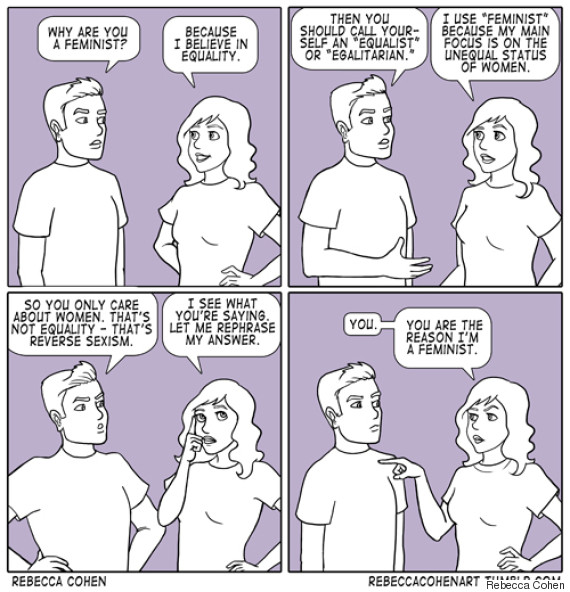Feminism is a very loaded word. This movement aimed to understand the reasoning for gender inequality and how to change the perception of society. One aspect of feminist criticism that interests me is the perspective of outside people on the responsibilities and functions of gender roles. These stereotypes are used everyday to justify inequalities and show how we are excluding women from making key decisions. This from of patriarchy shows in all sorts of media throughout the world and the simple belief is men are superior. These ideas of gender roles are shaped by social and psychological constructs. As a whole we need to understand false binaries on both side of the spectrum. However, to understand feminist criticism, I think we should first have a general consensus of what patriarchy actually is. In my own words, I think it is a culture that simply values men over femininity. Men and women should hold equal rights in a household and in society but this problem is socially constructed, not formed by the nature of biology. This unbalanced culture presents problems with society, expansion, and economic fluctuations. This theory has played a role in the way readers look at authors and the way authors want to be read. These critics aim to focus on gender equality, politics, and sexuality. This theory played off of Marxism theory and its one on the most important theories in modern literature.
Two impactful feminism critics are Simone de Beauvoir and Collete Guillaumin. Simone de Beauvoir wrote “The Second Sex” in 1949 and it created a theoretical lens for materialist feminists for years and it explained how she thought that men were “essential subjects” and women are “contingent beings”. Her along with all the other feminist critics say not to conform to this sense of patriarchy that goes against our natural biological makeup. Guillauman’s work conveys that men are defined primarily by what they do and their contributions to the society. The thinks that the primary form of women’s oppression is appropriation.
All theorists ask questions and here are some that can be said for feminist criticism: What does the work suggest about the ways in which race, class, and other cultural factors intersect with gender in producing women’s experiences? What does the work reveal about how patriarchy functions? How does the text attempt to subvert patriarchy?

